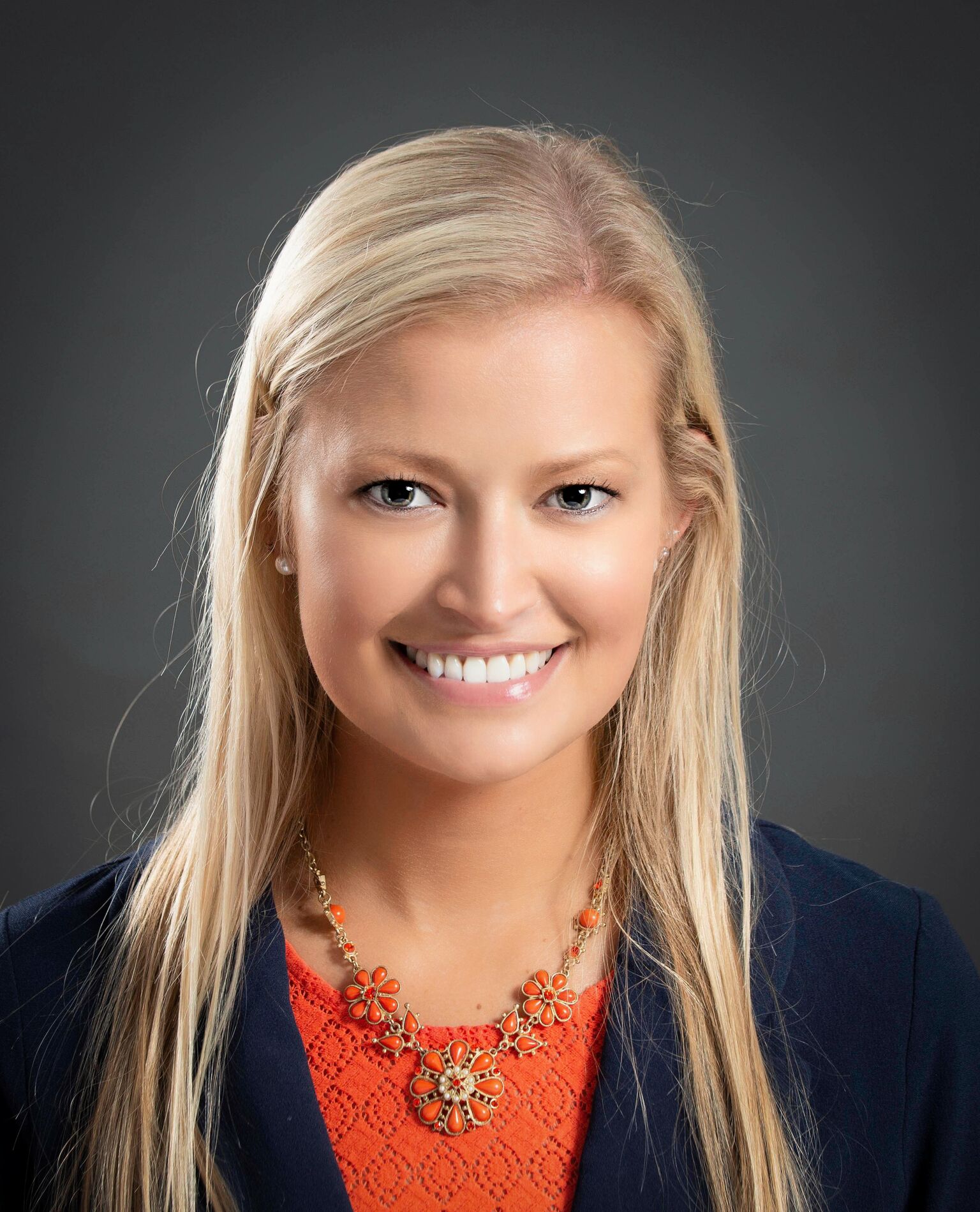Sarah Albright
PhD in Clinical Psychology program, Los Angeles Campus
California School of Professional Psychology
Bringing vital mental health treatment to transplant patients.
Growing up with cystic fibrosis (CF), a genetic lung condition, Sarah Albright spent a great deal of her childhood in and out of hospitals. She experienced chronic sinus infections and respiratory illnesses which made her feel like she had constant pneumonia. She also dealt with a constant barrage of clinics, pick lines, ports, antibiotics, and needing to bring IV equipment with her to school. Even as young as ten years old, Sarah found it odd that no one asked her how she was doing mentally with all the physical demands that CF placed on her body. This experience instilled a deep need in her to understand and treat the whole person.
“I remember sitting in the clinic one day and the doctors and respiratory therapists are talking at me, and no one really asked me how I was doing mentally and emotionally. As a ten-year-old, I don’t know how I had that insight, but I realized that someone needs to ask about mental health. I remember it being such a piece that was missing in my care that I kind of made it my mission for the rest of my life to go into health psychology before I even knew what that was.”
After her undergraduate school, while Sarah was working at the VA doing transcranial magnetic stimulation on veterans with PTSD and depression, she went through end stage lung failure and needed a lung transplant. No one on the East Coast would take her due to rare bacteria she had and was even told by these facilities that their numbers would look bad if she didn’t survive the surgery. But, at 22 years old, Sarah wasn’t going to take no for an answer. Eventually, UCLA accepted her as a transplant patient and she moved to Los Angeles to be ready for the surgery once they found a match for her, which took about two years.
In the meantime, she applied to graduate schools and was accepted at Alliant. From the moment she interviewed with the Alliant program director, Dr. Molly Burrets, she knew it was the place for her. “Everyone was just so warm and welcoming. I felt Alliant genuinely cared about our education and what we would do in the future as clinical psychologists and that really drew me in. When they told me I could do a PhD with clinical work and research that sold it for me because that is hard to get at many universities and I wanted the best of both worlds.”
Sarah also liked that the admissions team was very hands on when it came to helping her with financial issues and consistently asking what they could do to make the process easier on her. Her advisor, Dr. Ron Durán, inspired her to apply to different journals to share her experiences of working in the health psychology field with a chronic illness and even encouraged her to apply for a TED talk. Sarah did transplant research for her master’s thesis which she is now applying to her dissertation on anxiety, depression, and stress in pre-transplant and post-transplant patients. She received a lot of support with the entire dissertation process and enjoys that her professors push her to not only think critically as a researcher and clinical psychologist but also as a human.
Sarah’s ideal position would be as a clinical psychologist on a transplant team. When Sarah went through her transplant experience, her psych evaluation was all of five minutes — so short, that she hardly remembers it — and she felt the doctors didn’t acknowledge what a life changing event this was for her. She felt lucky that her mental health was stable at the time. “People ask how I am so positive all the time. I don’t know if it’s my temperament or how I was raised or a resiliency that I got with this disease. But I’m going to be working with people that are terrified about what they’re doing, and my experience gives me a sort of empathy because I’ve been there, and I think it would make me good at my job.”
While she acknowledges that society still needs to do better when it comes to addressing mental health, she is hopeful that it will improve. Studying at Alliant has been a great experience for Sarah that aligns with her goals and values. Not only does the faculty take a humanistic approach and consistently make sure that Sarah and her peers are doing well mentally and emotionally during the program, but the diversity aspect has really opened up Sarah’s world.
“I can’t say enough great things about Alliant. I see it as a holistic education. It’s a professional school where we’re able to really dive into the practicums and we get a whole, deep hearted experience of being in a clinical space for a year which I think is rare. They remember that, in the end, we’re all just people and they teach us to think humanistically.”
The content of this page is only for informational purposes and is not intended, expressly or by implication, as a guarantee of employment or salary, which vary based on many factors including but not limited to education, credentials, and experience. Alliant International University explicitly makes no representations or guarantees about the accuracy of the information provided by any prospective employer or any other website. Salary information available on the internet may not reflect the typical experience of Alliant graduates. Alliant does not guarantee that any graduate will be placed with a particular employer or in any specific employment position.
